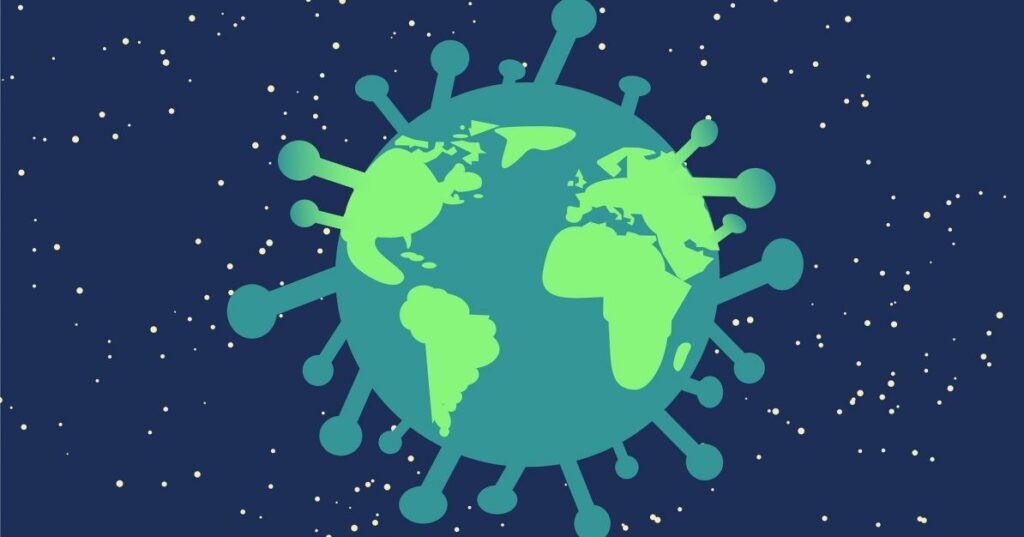It has not been long since we published our last post regarding the European Union’s response to Covid-19. As we all know, the situation has evolved considerably in recent weeks in Italy, Europe and the world.
The European Union’s response has also evolved to meet the health, social and economic needs associated with theCoronavirus emergency.
This response has been partly taken up and illustrated in the media, but we find it interesting to collect the most important information and reference sources here, so that our readers can keep regularly updated.
The material is organized around a few themes that seem to us to be of particular interest.
Happy reading!
News and reflections (beyond the news).
Keeping up to date continues through the page dedicated to the EU’s response to the Coronavirus, which has also been associated with a general overview and useful timeline of actions taken. It also continues to be possible to keep informed through the official press service of the European Commission, which takes up all news on the subject as it comes in.
But for those who want to go beyond the news and consult quality analyses done on the subject by leading European think-tanks, we recommend this collection of articles edited by the European Council services.
The situation in Europe, before and after.
Very interesting, for a European overview of the situation, is the page devoted to the restrictive measures taken in the various EU countries and the next steps in the fight against the pandemic, which includes a proposal for a common European roadmap in the management of the emergency (and its summary table). Ahead of the launch of the so-called “phase two” in European countries, theEuropean Agency for Safety and Health at Work(OSHA) is proposing a very comprehensive and detailed guide on how to protect health in working environments, which complements (among other things) sectoral guidelines from many countries.
It follows up on another guide that already effectively explained the main measures to contain infection in the workplace. No less interesting, for those who work from home and will continue to do so for some time, are the tips for protecting health while telecommuting.
Mobilization of European research.
In a short time, combating Covid-19 has become the top priority of health (as well as technological and other) research around the world. We point out in this regard a long and interesting article by a distinguished author. The European Commission recently launched a European platform to quickly collect and make available all scientific data useful in combating the pandemic.
The initiative is part of a more comprehensive action plan that identifies 10 priorities for the areas of research and innovation in the fight against Coronavirus, also captured in dedicated website. A “hackathon,” a three-day event dedicated to researchers, practitioners and civil society engaged against Covid-19, was recently organized.
European calls and solidarity.
Obviously, many of the European calls in this period (particularly under Horizon 2020) have been dedicated to the Coronavirus emergency, not only in terms of health but also in terms of mitigating the social and economic impact of the pandemic. For example, the links between Covid-19 and technology illustrated in this one on this page are very interesting. But equally interesting are the “snapshots” of solidarity among European countries “photographed” by the European Commission: many are for Italy, and some are made possible by European programs, such as the EU Civil Protection Mechanism or the European Solidarity Fund, whose powers and funding have been extended to deal with the emergency.
A policy response to the Coronavirus.
Solidarity (especially with our particularly hard-hit country) also has a political dimension, reflected in broad and strategic decisions. TheEuropean Union has allocated a 200 million euro aid fund for Italian companies. The European Council, the highest political body of the Union, has a page dedicated to the response to the emergency-Covid and achronology through which it is possible to go back “directly to the source” many of the news stories (often taken from the media) regarding the debate on the packages of measures that the EU has made and will make available to the states to combat the Coronavirus and its social and economic (as well as health) impacts.
We also recommend the European Central Bank’s blog for further news and insights into the more properly financial aspects of crisis management (criticized on some occasions in the Italian media).
A global response to the Covid-19 emergency.
We all know that the fight against Coronavirus is not just an Italian or European issue, but a global one. It is easy to predict that the impact of the virus will be particularly severe in countries less well endowed with health infrastructure, tools and materials; as well as to intuit the health and economic importance of combating Covid-19 in all countries of the world.
The European Union is working precisely for a global response: through direct interventions in favor of many third countries, a specific line of action dedicated to this emergency, and the launch of the Coronavirus Global Response, an international fundraising initiative dedicated to the fight against the pandemic, as part of a real “call to arms” promoted by theWorld Health Organization and other international actors.




